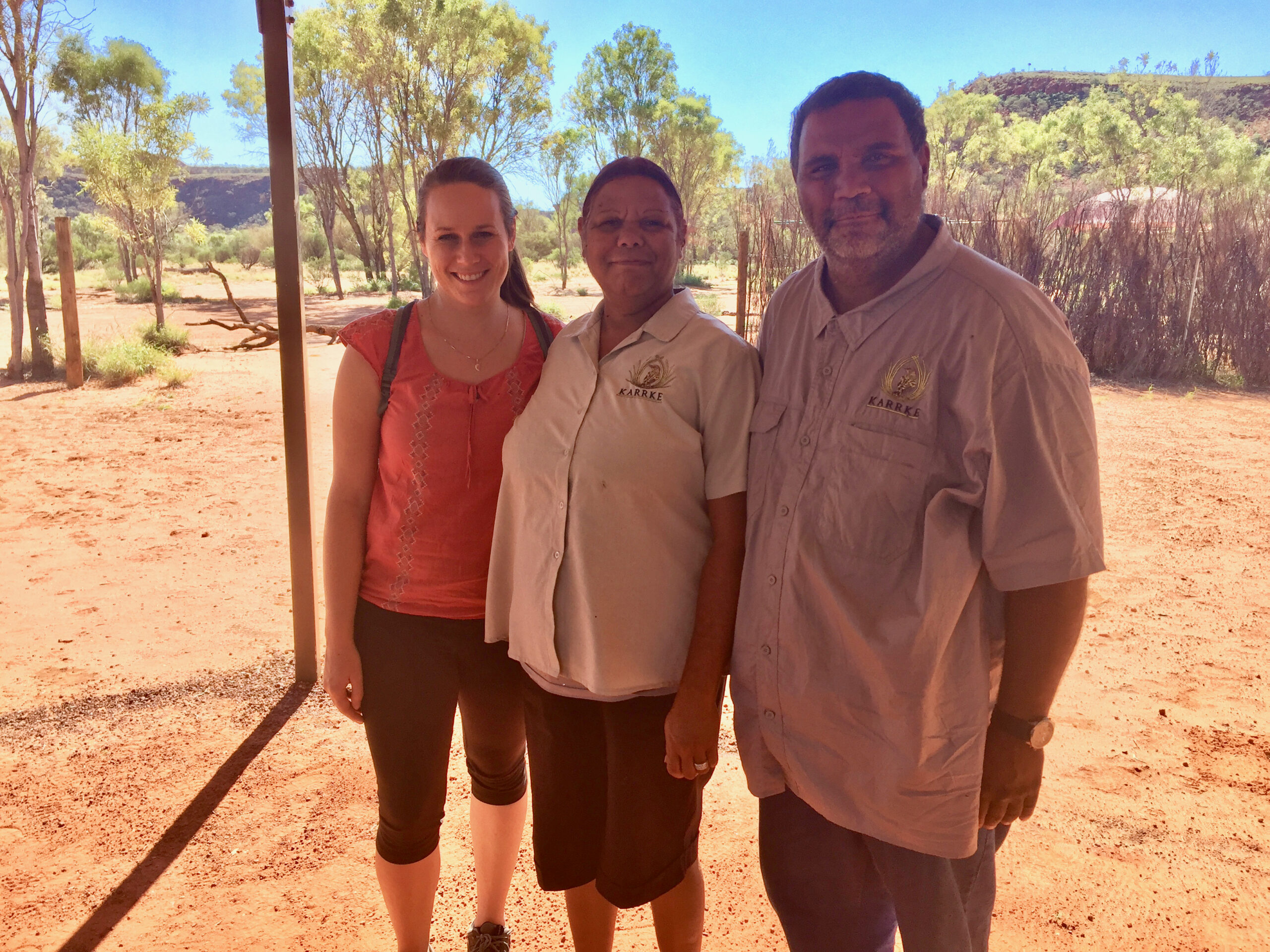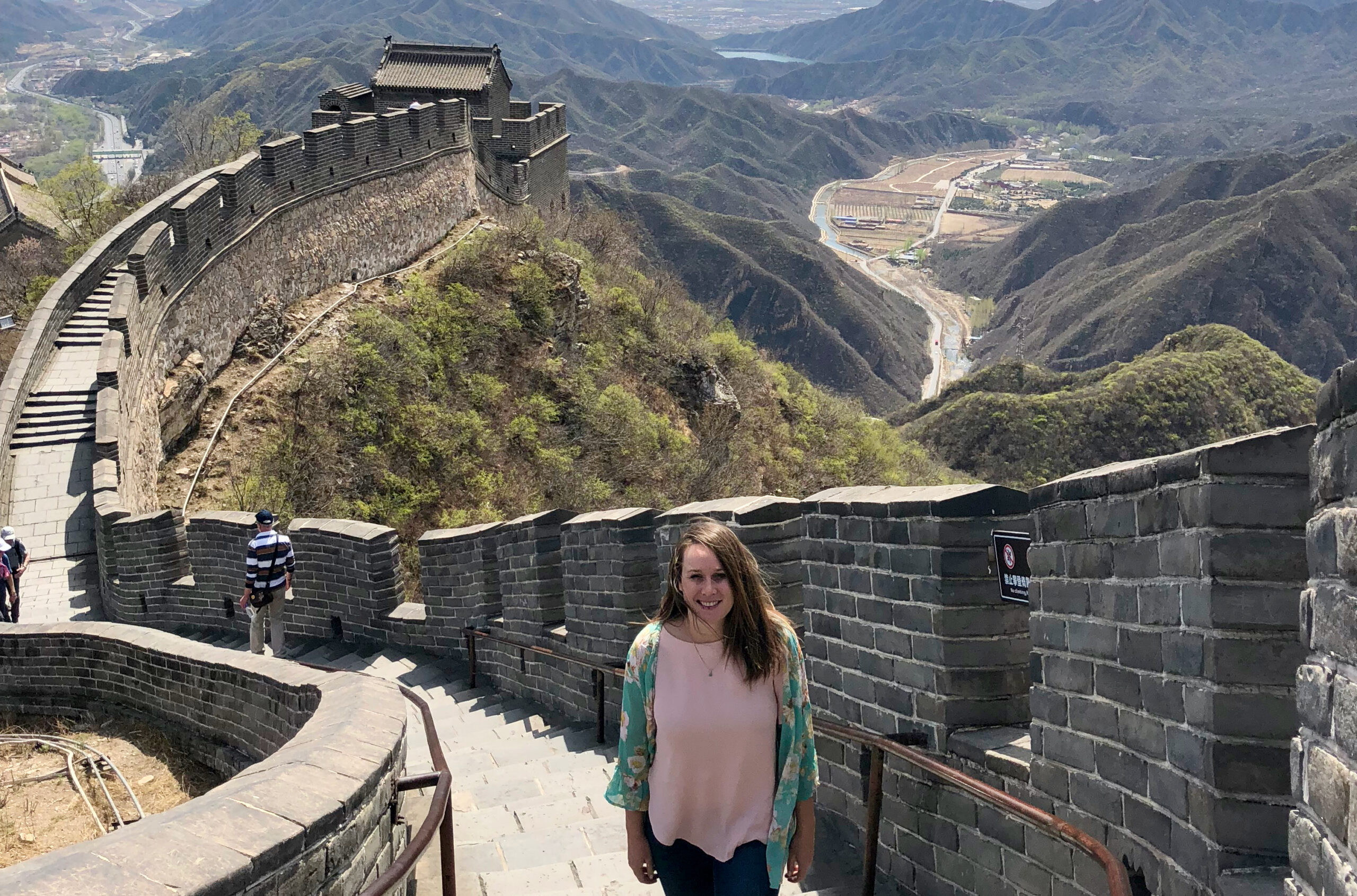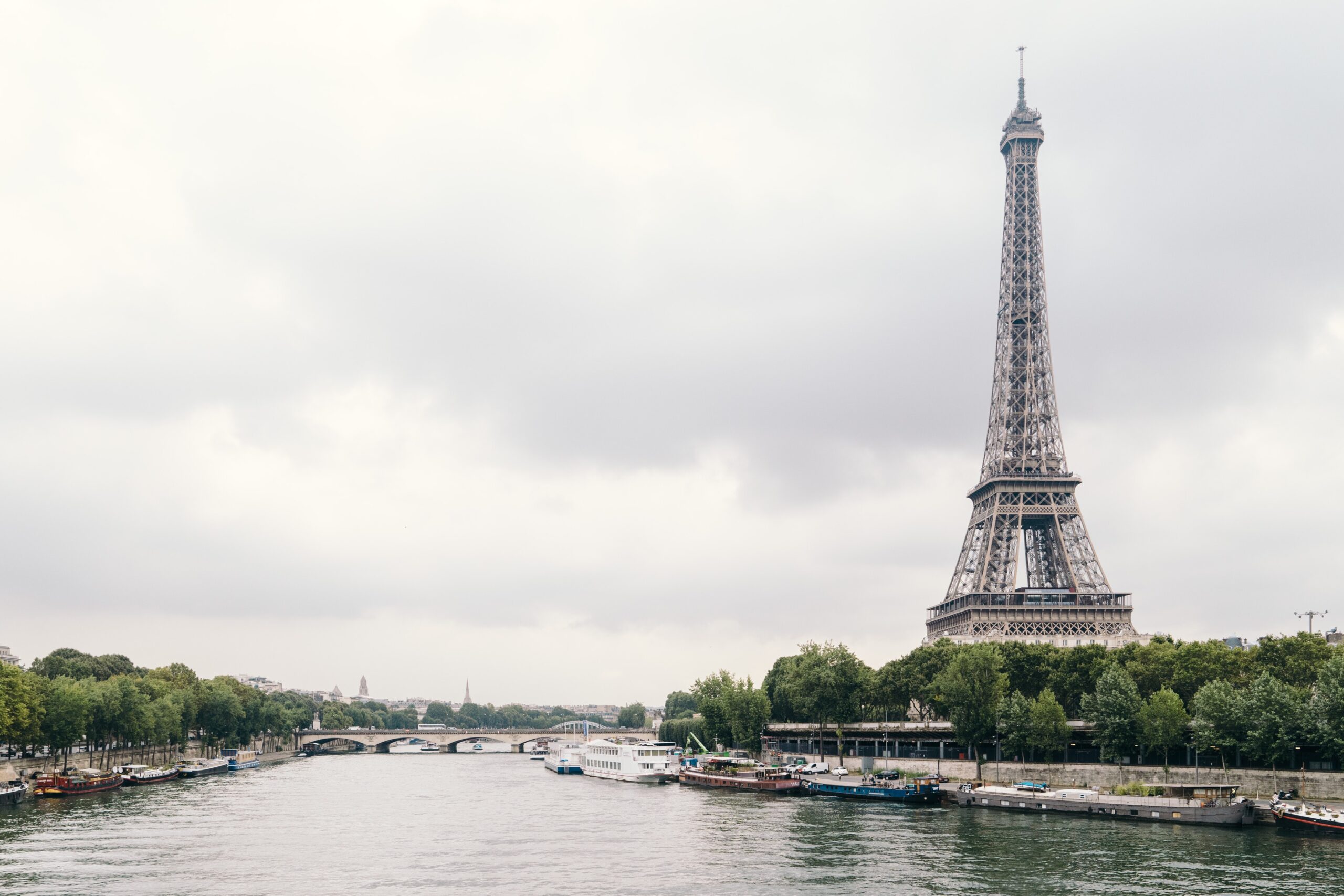
Rain drops splatter on the ground as I cross a bridge over the Seine and set foot on the Left Bank. It’s a cold and bleak December day in Paris and I’m attempting to visit the Edgar Degas exhibit at the Musee d’Orsay for the second day in a row. The day prior I arrived to find the museum unexpectedly closed, another unannounced victim of a transportation strike that will grow to be the country’s largest in three decades.
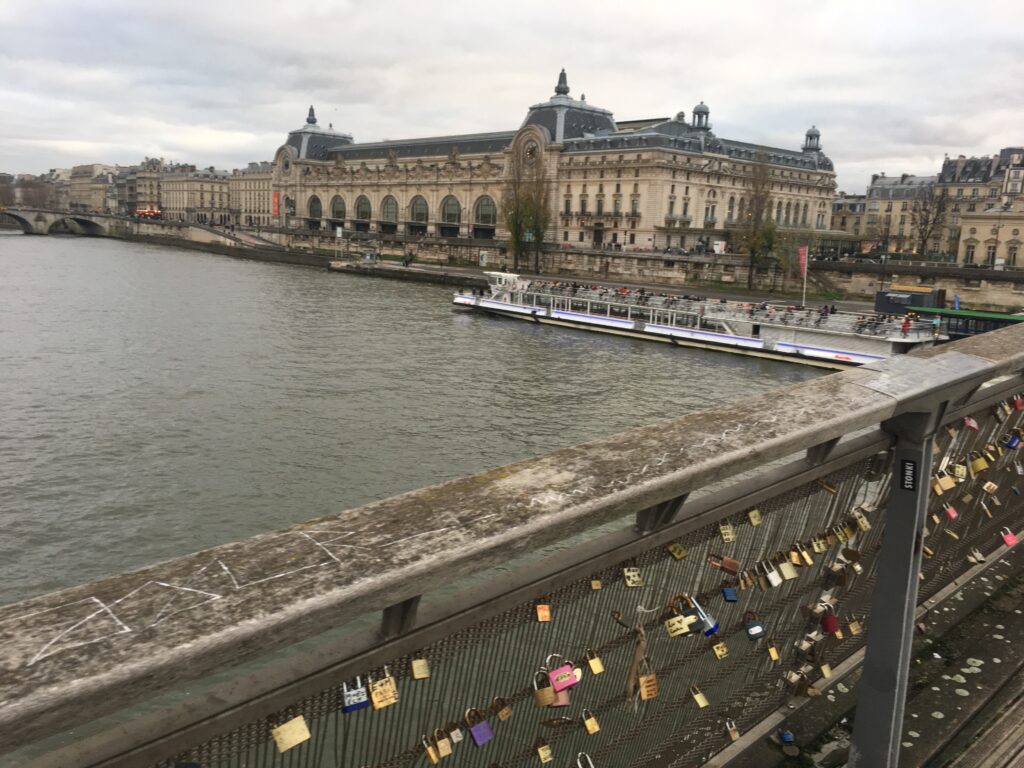
While strikes are all too common in French life, this particular strike is more drastic than most. Transportation workers are protesting changes to the national pension system and virtually all modes of transportation have ground to a halt. From airplanes and trains to the metro and buses, the majority of drivers are on strike. In Paris only two of 16 metro lines operate – the two automatic lines that don’t require drivers. Many drivers are also taking to the streets in angry groups to protest near government buildings and tourist attractions.
The interruptions and furor over President Macron’s proposed changes have cast a cloudy glow over my time in Paris. I’m here for work and meetings that are usually upbeat and jubilant are filled with an aura of foreboding as worries over the duration and intensity of the strikes grow.
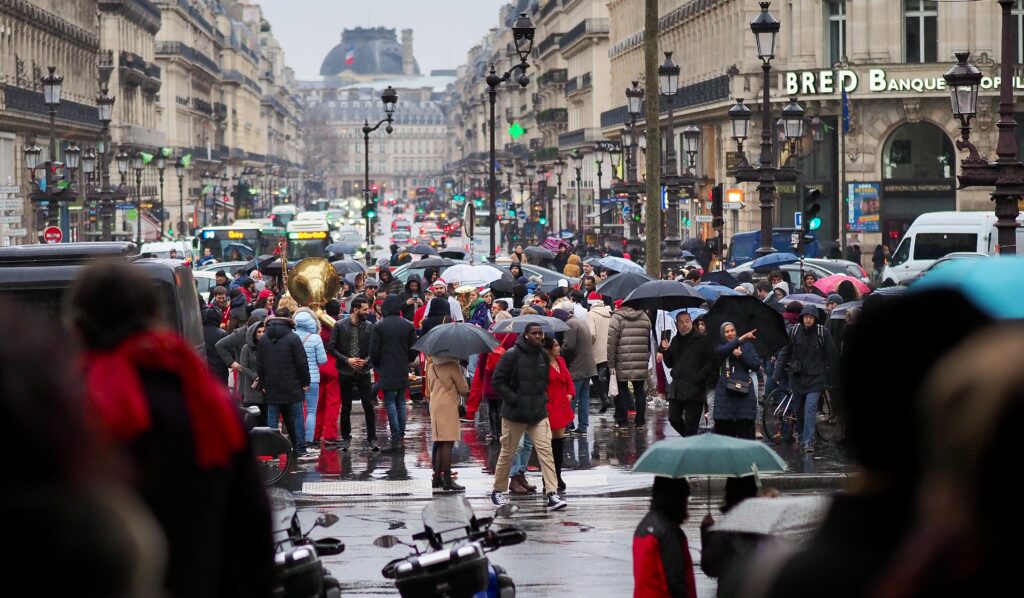
The gloom carries into the weekend long after all meetings have ended. I had planned to spend a weekend enjoying the city with my good friend from Italy, but with flights canceled and transportation to the city center ground to a halt, the tires in our girlfriend getaway have been deflated and I’m left to pass a wintry weekend alone.
At many chapters in my life the prospect of a solo weekend in Paris would have filled me with glee. But in December 2019 I feel only ennui as the 48 hours that remain in my visit to France stare back at me like the slow moving hands of a ticking clock. Had I known that this would be my last international trip before coronavirus changed the world forever would I have tried harder to brush away these downcast feelings?
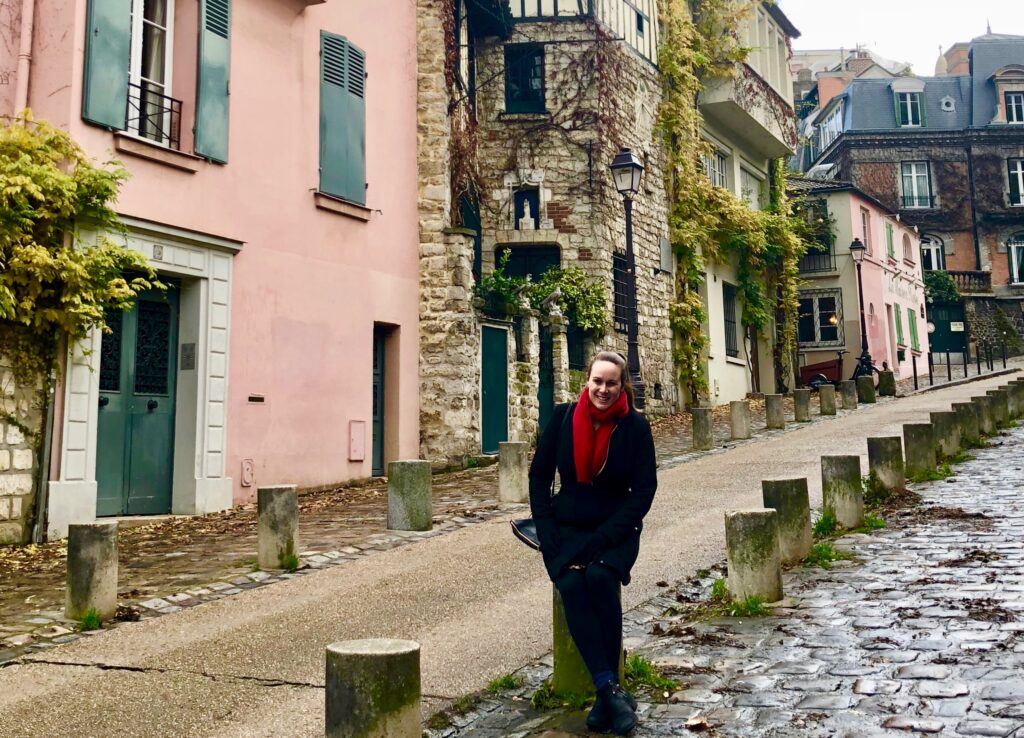
2020 has been a year of collective loss for humanity. The losses we’ve endured range from the grave — loss of life, a loved one, health, security and jobs, to the more minute details that, while less weighty, never-the-less make up the meaning of life – ability to visit family and friends, dining out, movies, or simply leaving your house in peace without fear of catching a deadly virus.
2020 is also the year we lost travel, and this week marks for me my one-year anniversary of leaving the country. While I’m extremely grateful that my family and friends have thus far remained healthy and I’ve kept employment, the loss of travel has still been something I mourn.
I’ve left the country at least once every year for the past decade. So much of my identity and meaning has been built around the ability to travel, from the time I spent living in Australia, Spain and Costa Rica to the most recent chapter of my career in the tourism industry where I spent roughly one week per month on the road. In the six years prior to the pandemic I visited 47 new countries and made multiple trips to some of the old, so the change to my lifestyle this year has felt big.
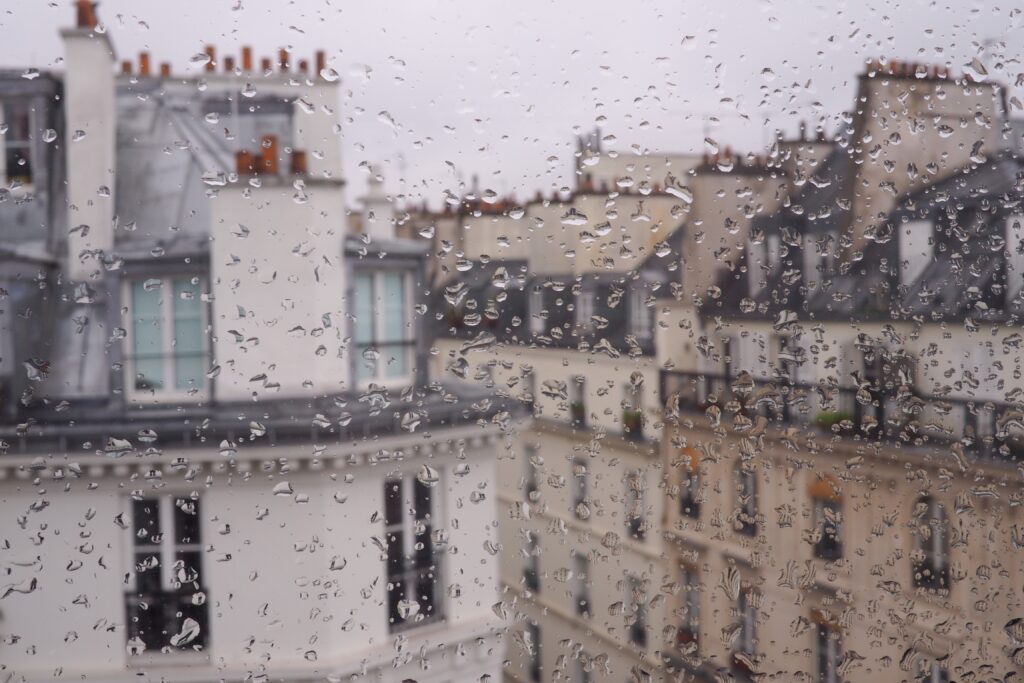
As I look back on this last overseas trip I find it eerie how accurately the sense of enuui foreshadowed what was to come.
I finally did make it into the Musee d’Orsay and saw the bright ballet paintings of Degas. Apart from this I didn’t make it to any other traditional tourist attractions due to the many closures and my own lack of motivation. Instead, with no transportation I wandered around the city on foot feeling a little lost and lonely. I turned inward, researching and purchasing French skincare products and wine.
Despite these aptly timed investments, my skin is the worst it’s been in years. Mask wearing and stress eating have wreaked havoc on my pores, rendering all those products useless. The wine is long gone.
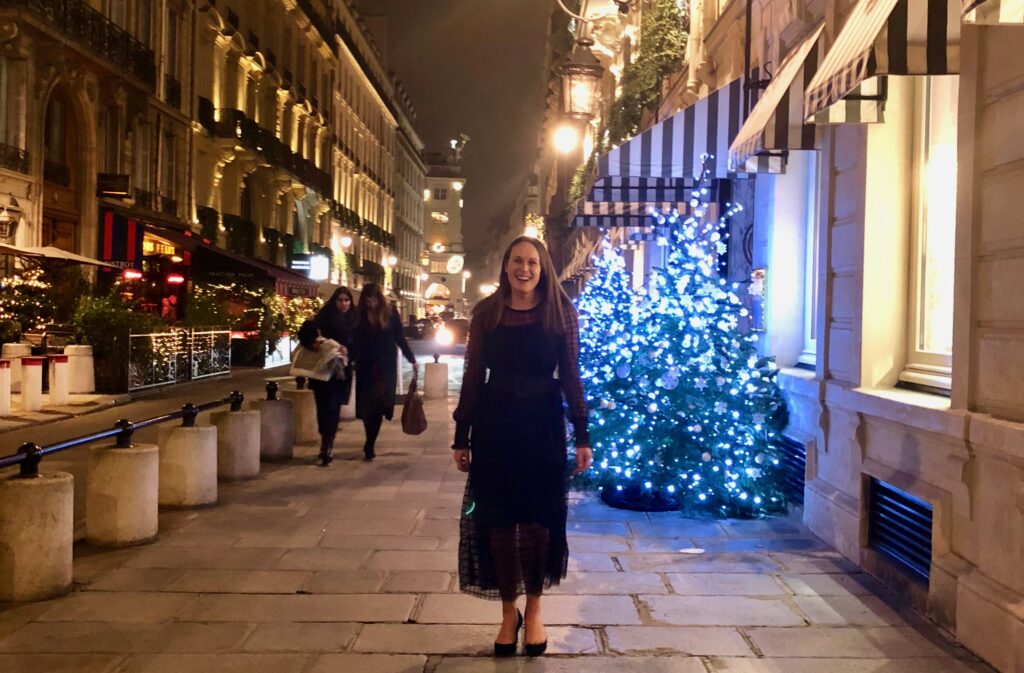
What remain are the memories with people. In groups and crowds we took each other’s presence for granted. Museum-goers blocking blue dancers from my view. Dinner with journalists at the Hotel De Crillon in a room with perfectly framed views of the Eiffel tower. The murmurs of a helpful shopkeeper in Cannes.
“No, no, no” she repeats, shaking her head at me as I step out of a dressing room and look in a mirror. Her reflection tells me without words that this is most definitely not the right dress for me. She hands me another. It’s black with a sheer overlay that lets part of my skin shine through.
I wear it to dinner and instantly my feelings of dullness dripped away. In this she has taught me a lesson – that the right outfit can temporarily push away ennui and make you feel bright on a grey winter day.
I should carry this lesson with me and change out of my sweat pants before my next call on Zoom.


